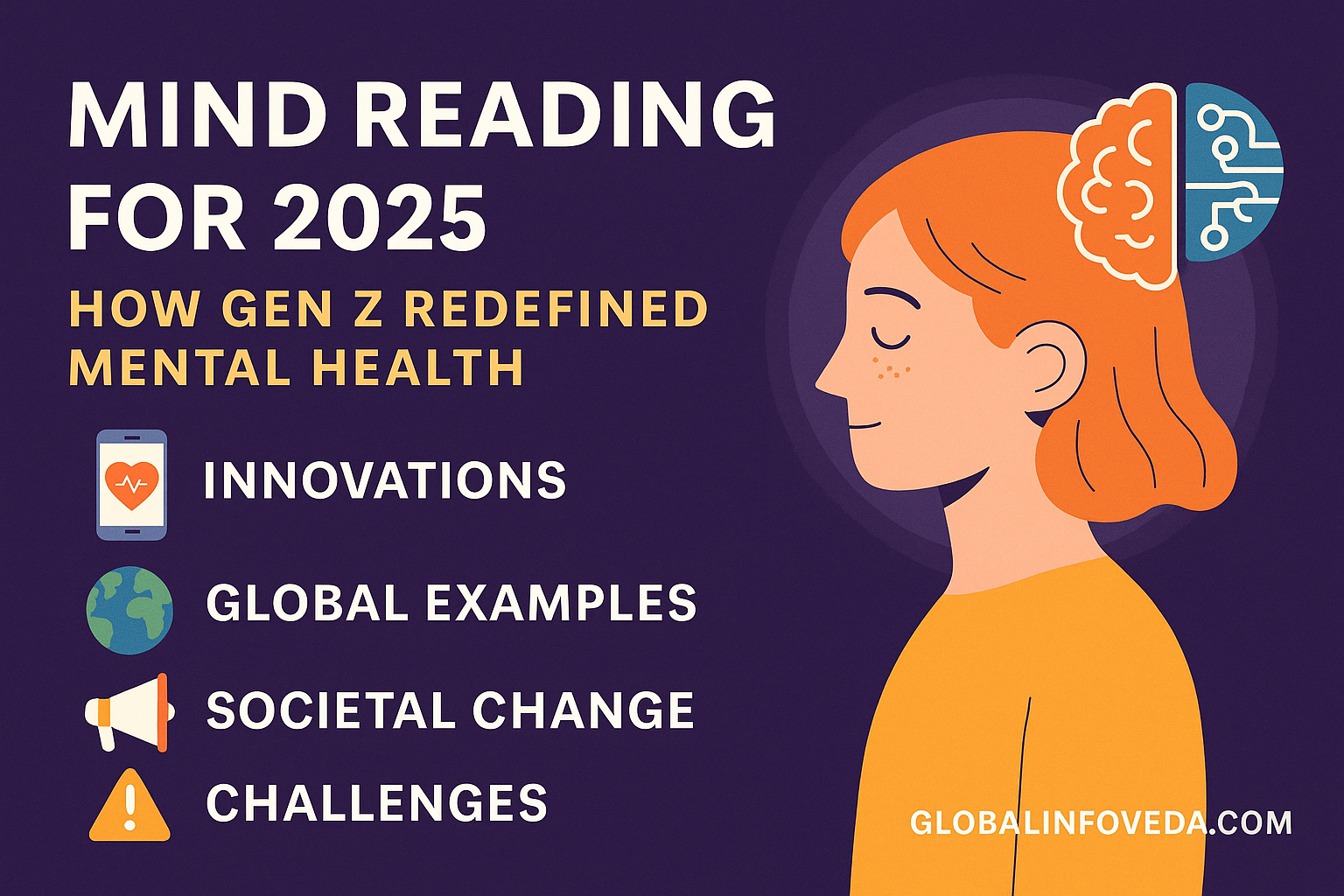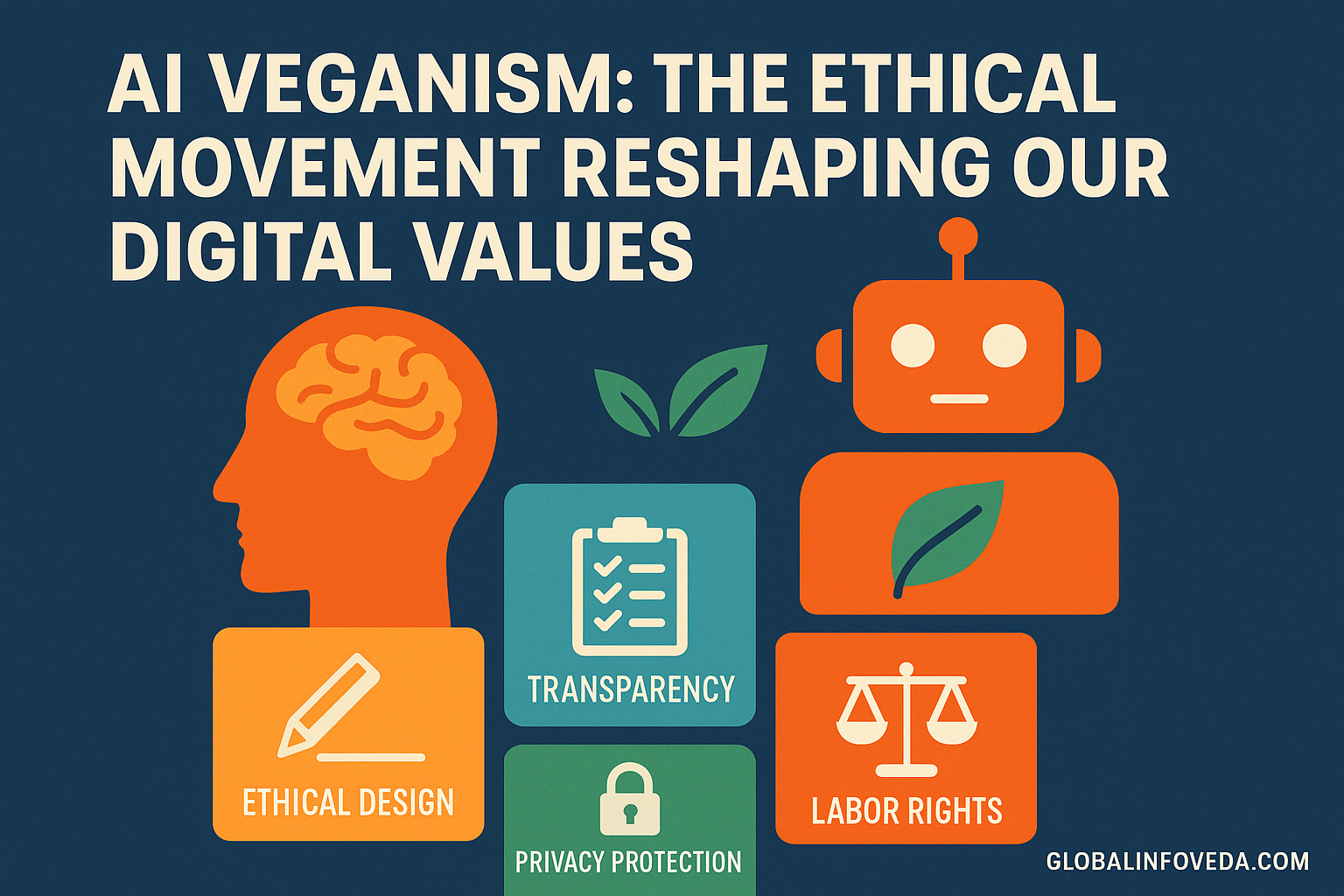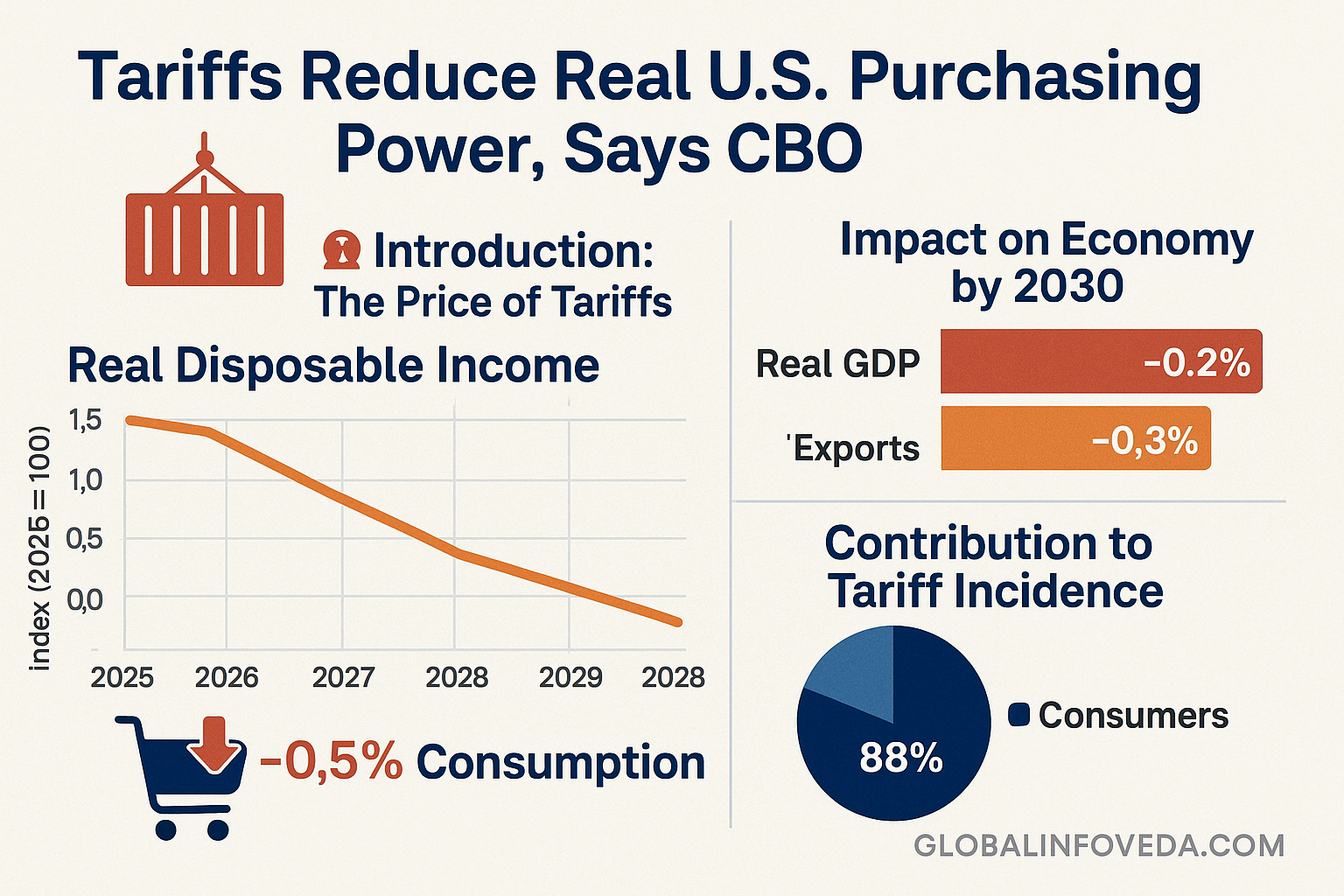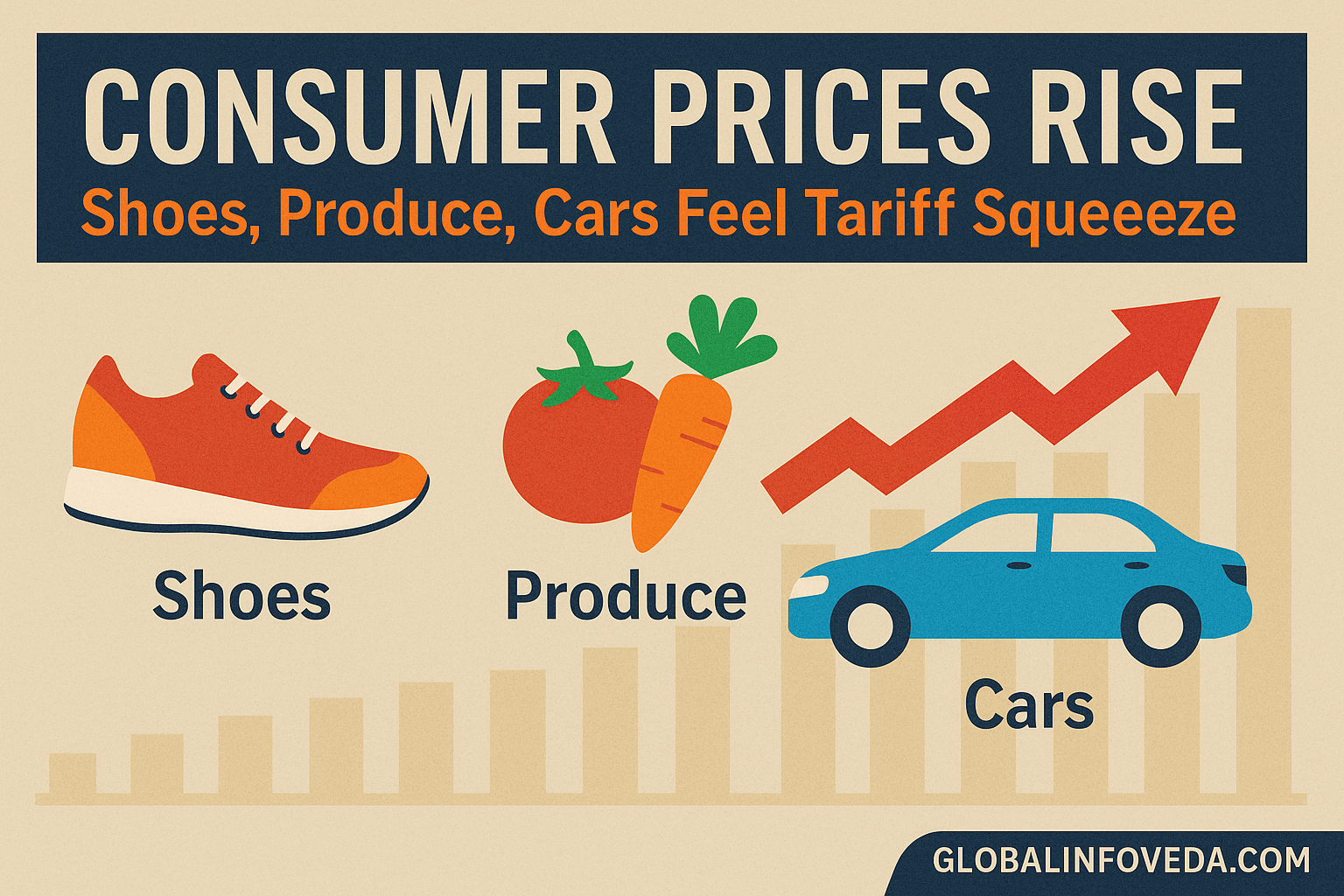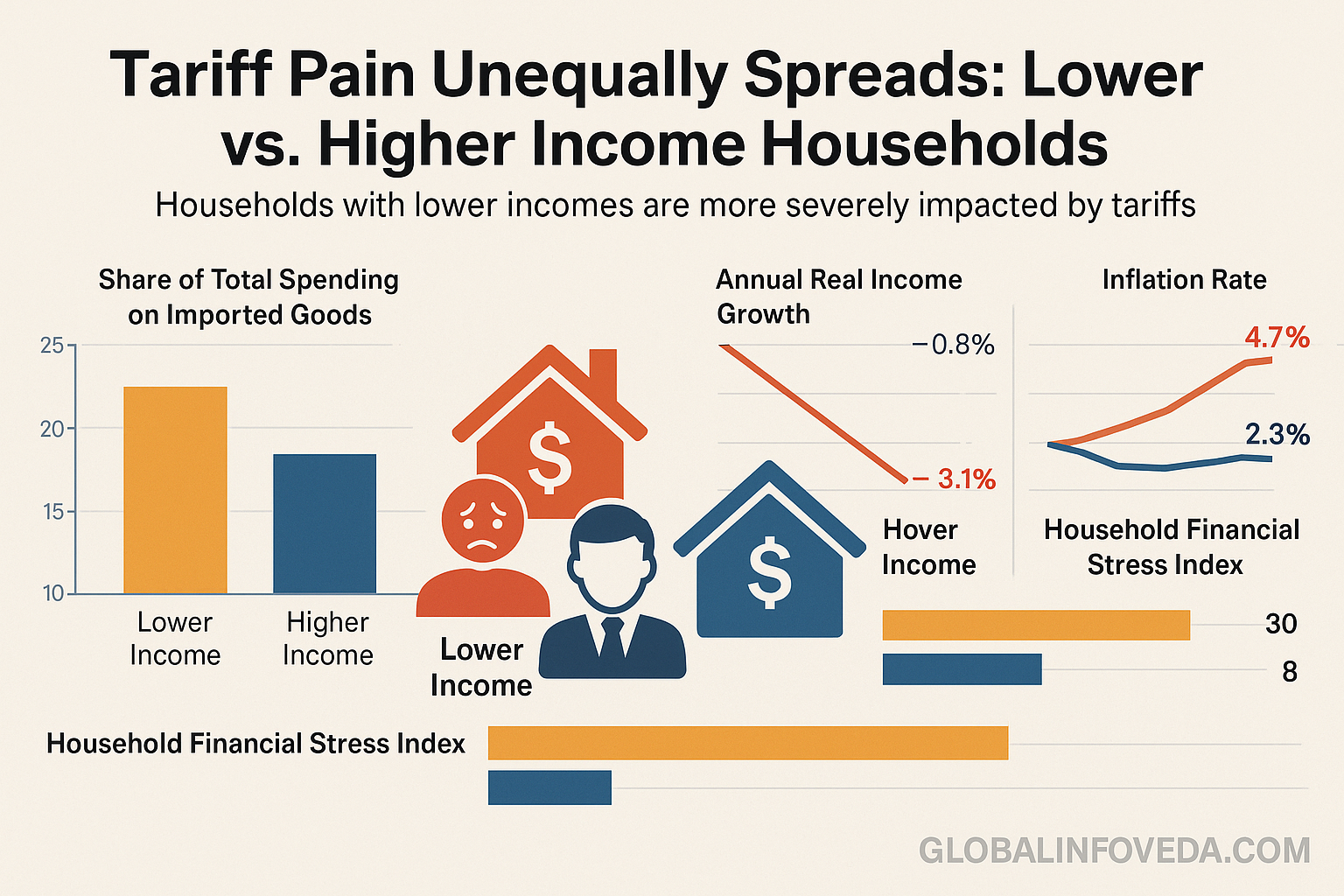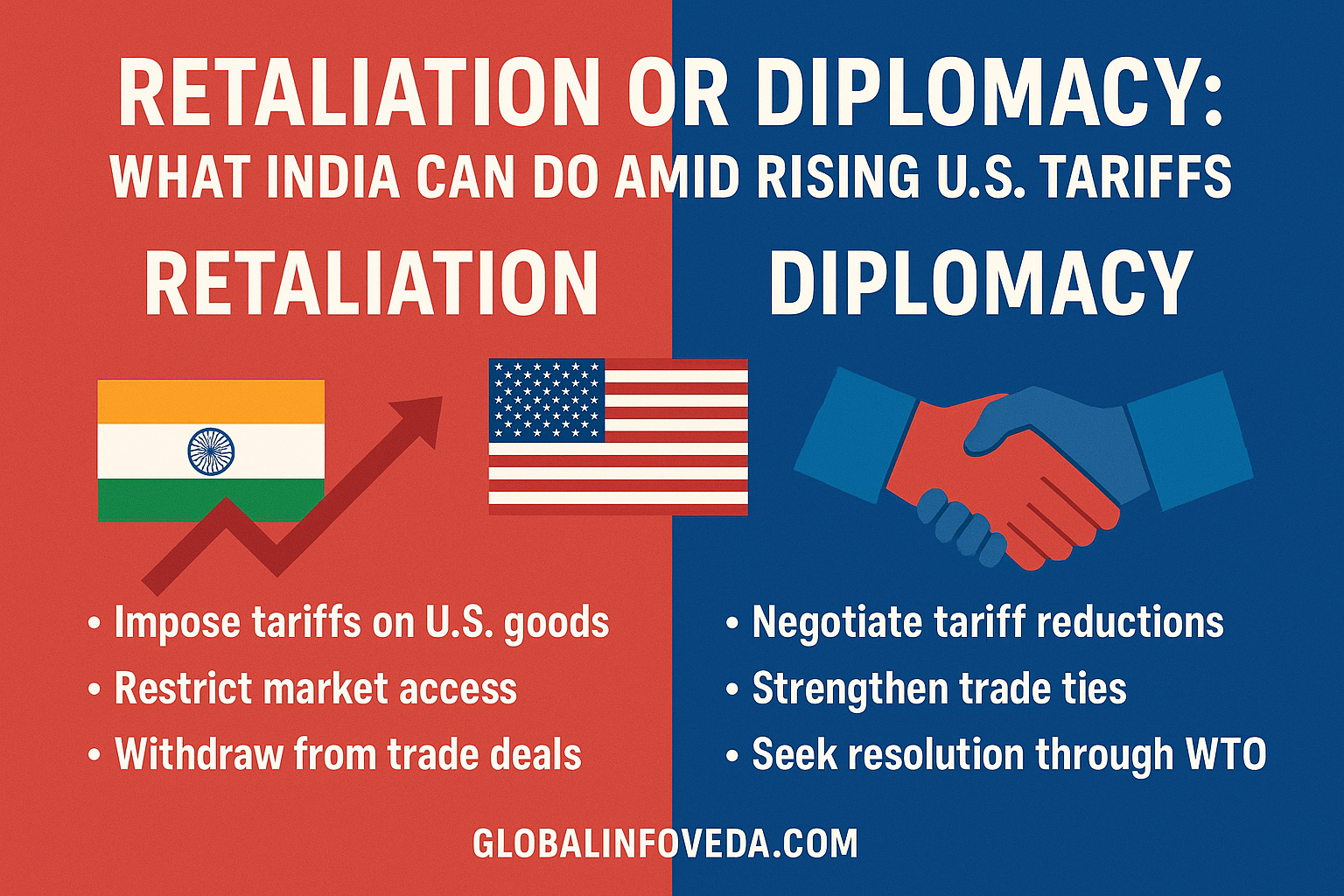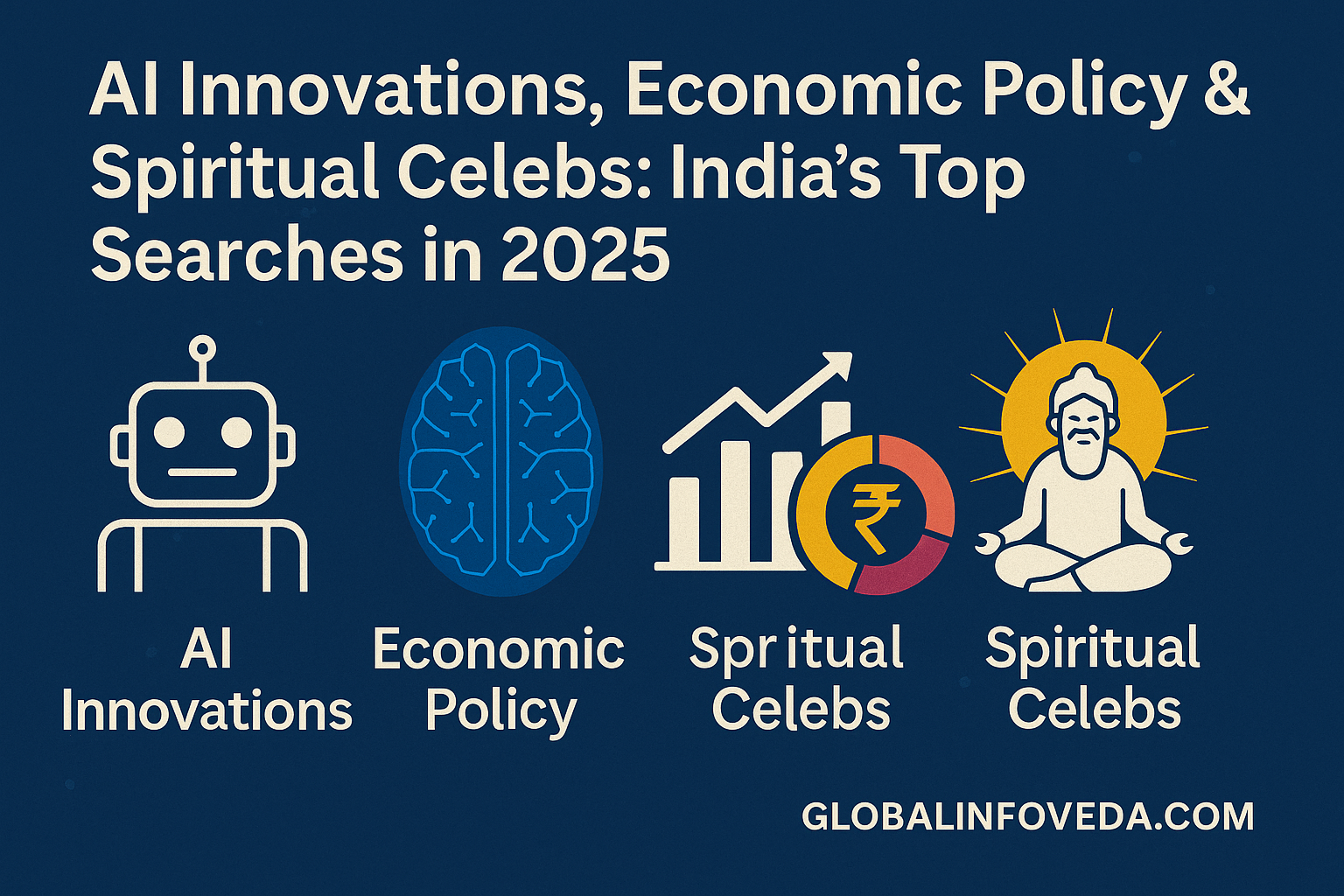🧭 Introduction
The next wave of computing won’t replace everything overnight, but quantum computing will quietly seep into the routines of your life by 2030 whenever nature, probability, and combinatorics conspire to make your classical computer look like a quivering sliver of aspen. Rather than a magic desktop PC, think of quantum as a specialized accelerator that teams can tap into via the cloud, just as they do with CPUs and GPUs. This guide turns the hype into a realistic view: what quantum is, what it can (and can’t) do by 2030, which industries move first, how hybrid computing work shifts software, the gambles that you can no longer wait for (including post‑quantum cryptography), and a step‑by‑step plan to get ready that you can start today.
Economist source: By 2030, quantum computing will be used in drug discovery, logistics, finance and security. Find out what changes, what the limits are, and how and when to get your team prepared.
🧪 What makes quantum different
In essence, qubits are not much smaller versions of classical bits. They can be in superposition (a mixture of 0 and 1) and can share information through entanglement. When directed by carefully constructed quantum gates, entangled qubits explore many computational paths at once, then interfere so that the right answers amplify and the wrong ones cancel out. In practice, you’d almost certainly never run a complete pure quantum program, but instead would devise a hybrid little‑quantum/little‑classical workflow, in which the latter surrounds small, optimally prepared quantum subroutines reaching for the hardest part. The productive frontier by 2030 will be problems where better sampling, simulation, optimization can beat brute force.
🔬 How it works at a glance
- 🧰 State prep: Classical code loads a structured guess into the quantum circuit; good guesses matter.
- 🔗 Entanglement: Qubits are linked so that measuring one tells you something about the others.
- 🪄 Interference: Gates steer probability mass toward high‑quality answers the way lenses steer light.
- 🔁 Hybrid loop: Classical code evaluates the result, tweaks parameters, and reruns the circuit—thousands of times if needed.
- 🧼 Error mitigation: Until large‑scale error correction arrives, software techniques denoise results enough for useful trends.
🌍 Where quantum helps first
- 💊 Drug discovery: simulate molecular interactions and binding energies more faithfully than classical shortcuts.
- 🧱 Materials science: design catalysts, battery materials, and alloys with quantum‑accurate models.
- 📈 Finance: faster portfolio optimization, risk analytics, and derivatives pricing under complex constraints.
- 🚚 Logistics: near‑optimal routing, scheduling, and inventory allocation for volatile networks.
- ⚡ Energy: grid balancing, unit commitment, and renewables forecasting with uncertainty baked in.
- 🔐 Security: pressure on today’s public‑key schemes and the rise of post‑quantum replacements.
- 🤖 AI: targeted quantum machine learning (QML) kernels for feature maps and sampling‑heavy steps.
2025 in Science: Majorana Quantum Chip, Exoplanet Mapping, and More
📊 Quick view — capabilities vs limits
| Question | Classical best | Quantum edge |
|---|---|---|
| Exact answers now? | For most large problems, no practical exact solution | Approximate, probabilistic gains on the hardest substeps |
| Where it wins first? | Problems with good heuristics & data | Sampling, simulation, optimization with hybrid loops |
| What blocks scale? | Compute cost, model fidelity | Errors, limited qubit counts, cryo/photonic hardware constraints |
Quantum Computing Breakthroughs: Light‑Based Chips That Could Change AI
🧭 Strategy for 2025–2030
Think of quantum computers as a portfolio of bets — not a single or even a handful of moonshots. In 2025–2026, pick one or two use‑cases with existing pain: the expensive Monte Carlo simulation, the NP‑hard scheduler, the chemistry model where the classical approximations leave key effects on the floor. In 2027–2028, start offloading prototypes to hybrid pipelines running on cloud backends; track whether your result improves on your best human heuristic in quality or cost. By 2029–2030, make wins actual life, behind‑the‑scenes accelerators tucked in services (don’t select ‘quantum’, just get faster, better choices). The North Star is not pursuing press releases; it is building decision advantage.
Energy Storage & Renewables: Stabilizing Tomorrow’s Power Grids
🧩 Industry profiles — what changes by 2030
It will be in biopharma that the earliest glimmers of lift will show. Chemists today simply estimate electron behavior; quantum simulation can predict reaction pathways, binding affinities and solvent effects with less need for hand‑waved shortcuts. Look for narrower, more confident candidate lists, more passes getting out of the dead ends in wet labs, and smarter SAR cycles. Materials teams will be co‑designing catalysts for green chemistry, better solid‑state batteries: Compact pilots to product timelines.
For risk aggregation and portfolio construction, Finance will apply hybrid solvers searching for scenario trees that are too wide for classical code to consider completely. Gains come as better frontiers rather than sexy speedups — portfolios for which one trades a sliver of return in return for a big drop in tail risk. Logistics & aviation will use quantum-inspired and quantum-assisted optimizers for crew scheduling, MRO planning, and dynamic rerouting; gains of 1–3% at scale are multi-million wins.
Energy systems will rely on better unit commitment and demand response scheduling to accommodate renewables; climate modellers will capture molecular‑level processes (e.g., carbon capture materials) more realistically. On the security side, the major shift is defensive: organizations need to implement post‑quantum cryptography (PQC) before attackers are able to decrypt the traffic they are storing today at a later date (“harvest now, decrypt later”). And, in AI, the practical path is a subset: QML kernels for feature maps, sampling, or optimization inside classical training loops.
Indian AI Revolution: BharatGen and the Rise of Indigenous Language Models
🧠 Risks to face early
- 🔒 Cryptography exposure: start your PQC migration; assume adversaries store encrypted data now.
- 🧯 Expectation mismatch: no general‑purpose quantum laptops; it’s cloud accelerators for niche steps.
- 🧪 Benchmark traps: lab demos on toy data ≠ production on messy constraints; demand baselines.
- 🧰 Talent scarcity: hire hybrid thinkers—applied math + domain + software—not only theorists.
- 💸 Cost opacity: include iteration counts, data prep, and error‑mitigation passes in ROI.
- 🧱 Vendor lock‑in: standardize APIs and keep portable intermediate representations.
🧰 Action plan for teams
- 🧭 Map business pains that are combinatorial or quantum‑accurate (chemistry, routing, risk).
- 🧪 Build one proof‑of‑value using public datasets; compare to your best classical heuristic.
- 🔗 Integrate via hybrid SDKs; keep circuit generation modular so you can swap backends.
- 🧮 Track decision quality, not just speed: better answers at the same cost beat faster wrong ones.
- 🔐 Begin PQC upgrades on external‑facing systems; audit long‑lived data now.
- 👩🏫 Upskill: short QML and optimization sprints for data and ops teams.
📊 Roadmap — when value shows up
| Phase | What changes | Business move |
|---|---|---|
| 2025–2026 | Feasibility pilots; narrow wins on toy problems | Pick 1–2 pains; run proof‑of‑value with baselines |
| 2027–2028 | Early hybrid value in simulation/optimization | Fold into pipelines; measure decision lift |
| 2029–2030 | Operational accelerators, selective quantum advantage | Productize; invest in PQC & vendor diversity |
India’s Quantum Leap: ‘Indus’ 25‑Qubit Quantum Computer Rolls Out
🧪 Case study — pharma lead series
A mid‑size biotech screens 2,000 candidates for a hard target with classical approximations and machine‑learning heuristics. False positives swamp the lab. The collaboration prototype a hybrid workflow, where classical code clusters similar molecules and provides rough binding estimates; a VQE subroutine refines the top 5% for energies in solvent; classical filters re‑rank by ADMET risks. Each week, as new data is reported, they rerun the loop anew. Result: a 40% reduction in wet-lab set with higher hit rates and eliminating months from the cycle. No flashy “quantum‑only” moment — just a practical edge concealed within the pipeline.
🚚 Case study — airline network
An airline battles rolling disruptions. Numerous heuristics and integer programming-based methods are used by their scheduler, but it does not cope well for storm cascades. They also try a quantum-inspired optimizer to generate better initial solutions, and then a small quantum subroutine for high-pressure reroutes. Code-hybrid still prevails, but the hybrid seeds cut average delay by minutes per flight during peaks. The company productizes the module behind an API; crews simply see fewer last‑minute swaps.
🔐 Security transition you can’t skip
- 🧷 Inventory all systems using RSA/ECDH/ECDSA; list data with long confidentiality needs.
- 🔁 Prioritize outward‑facing services and recorded traffic for PQC upgrades.
- 🧪 Test candidate post‑quantum suites in parallel; measure handshake latency and payload overhead.
- 🧭 Plan staged rollouts with crypto‑agility so you can swap algorithms without outages.
- 🧾 Train engineering and legal teams on harvest‑now‑decrypt‑later risk and customer impact.
🧑💻 Talent and tooling
- 🛠️ Hire T‑shaped people who can translate business constraints into optimization or simulation formulations.
- 🧩 Tooling will feel like MLOps: versioned circuits/datasets, experiment tracking, and A/B evaluation.
- 🧰 Prefer SDKs that target multiple backends (superconducting, trapped‑ion, photonic) to avoid re‑writes.
- 🧪 Run tiny sandboxes—5–20 qubits—to teach debugging under noise; celebrate learning, not hero demos.
🧭 Buyer’s guide for pilot projects
- 📐 Start with a problem map and baselines; demand classical benchmarks.
- 📦 Avoid platform lock‑in; choose vendors that export portable circuit IR and logs.
- 🧮 Insist on cost per quality point (accuracy, recall, revenue impact), not only minutes saved.
- 🧪 See the science: white‑paper lineage, peer reviews, and credible advisors.
- 🔗 Require integration hooks—Python, Kubernetes, airflow—so pilots live where work happens.
🧠 What won’t change by 2030
You’re not talking about replacing laptops with quantum notebooks, nor batch‑processing payroll on qubits. Most software will still be running on classical silicon; quantum computing will emerge as a tucked‑away accelerator deep in the simulation, optimization, and cryptography stacks. Success will be boring: a few important services get 5-20% better answers, leaving-behind pipelines are down slightly less often, and secure channels live a few years longer through the cryptographic transition. The winners are not going to be those who “adopt quantum,” but those who adopt better decisions and ship crypto-agility before they have to.
❓ FAQs
- Will quantum break all encryption by 2030? Unlikely at broad scale, but it threatens certain schemes; migrate to post‑quantum options now.
- Do we need quantum hardware on‑prem? No—treat it as a cloud accelerator; focus on integration.
- How do we hire? Upskill strong data/ops engineers in optimization and QML; partner for deep physics.
- What about AI? Expect QML to slot into sampling/optimization niches inside classical ML, not wholesale replacement.
- How do we measure ROI? Compare against best classical baselines and track decision quality improvements.
🔩 Hardware landscape in 2025–2030
And it’s not just more qubits, across platforms the race is on to increase coherence, gate fidelity and trustworthy connectivity. Mature fabrication and fast gates have made superconducting-based systems mature, but they also experience the complications of crosstalk and wiring when the count gets high. Trapped‑ion devices provide long coherence and all‑to‑all connectivity between qubits in small chains, but an effective increase in chain length scales poorly. A neutral‑atom array offers the promise of denser packing fractions and reconfigurability of crystal face, whereas a photonic approach can pursue room‑temperature operation and networking advantages. Keep looking for error rates to inch down, and qubit totals to rise somewhat, as smarter error‑mitigation and the first error‑corrected experiments with small codes appear. The pragmatic result for most enterprises should remain the same: Design hybrid workflows pretending the quantum box is a highly specialized noisy accelerator, and leverage its unique strengths without placing all your bets into a single hardware pathway.
📏 Pilot KPIs to track
- 🎯 Decision quality delta versus best classical baseline (accuracy, revenue lift, cost cut).
- 🧪 Fidelity/precision of results under repeated runs; variance after error mitigation.
- 🧮 Circuit depth/width actually executed (not just theoretical design).
- 🔁 Shot count required per iteration and total iterations to converge.
- ⏱️ Time‑to‑answer end‑to‑end (prep → run → post‑process) vs existing pipeline.
- 💸 Cost per quality point (cloud credits per 1% improvement or per KPI unit).
- 🔄 Reproducibility across days/hardware backends; sensitivity to drift.
- 🔐 Security posture (data exposure, logging hygiene, key handling during runs).
🔐 Cybersecurity governance
The largest near‑term enterprise impact of Quantum is the cryptographic transition. Treat it like a cross‑functional product, not a last‑minute patch. Start with an asset inventory map of where RSA/ECDH/ECDSA are (APIs, mobile apps, VPN, device firmware, backups). Categorize the longevity of data — which records need to be kept private longer-term, such as 5, 10, or 20 years. Pilot post‑quantum suites behind feature flags, track handshake latency and size overheads, and practice crypto‑agility (the ability to swap algorithms and keys without outages). Update IR playbooks for harvest‑now‑decrypt‑later cases, and expand vendor security questionnaires to cover PQC roadmaps. Start with clear customer messaging; trust is built by demonstrating measured progress rather than marketing.
🧭 Change management checklist
- 👤 Executive sponsor sets scope and shields teams from hype swings.
- 🧩 Problem owner defines baselines, constraints, and success thresholds.
- 🛠️ Platform lead enforces portability of circuits, datasets, and logs.
- 📚 Enablement runs short upskilling sprints for data/ops teams.
- 🧪 Experimental cadence: small, frequent runs with visible dashboards.
- 🧮 Kill criteria: pre‑decide when to stop or pivot a pilot.
- 🔗 Integration points: CI/CD, Airflow/Kubernetes hooks, observability.
- 📣 Communication rhythm: monthly business notes; quarterly deep‑dives.
🧠 Final insights
By 2030, the most valuable companies won’t be “quantum companies”—they’ll be quantum-literate companies. They’re going to fold quantum computing into a larger stack that already mixes statistics, simulation, optimization, and AI; they’re going to ship post‑quantum security before bad guys get a free lunch; they’re going to measure progress by decision advantage, not demo videos. Begin by taking one pain that you already feel, wire up a hybrid loop to make that pain smaller, then train the muscle to grade these results honestly. Quiet edges compound. That — more than any headline — is how quantum will transform everything.
India’s Quantum Leap: ‘Indus’ 25‑Qubit Quantum Computer Rolls Out
👉 Explore more insights at GlobalInfoVeda.com









